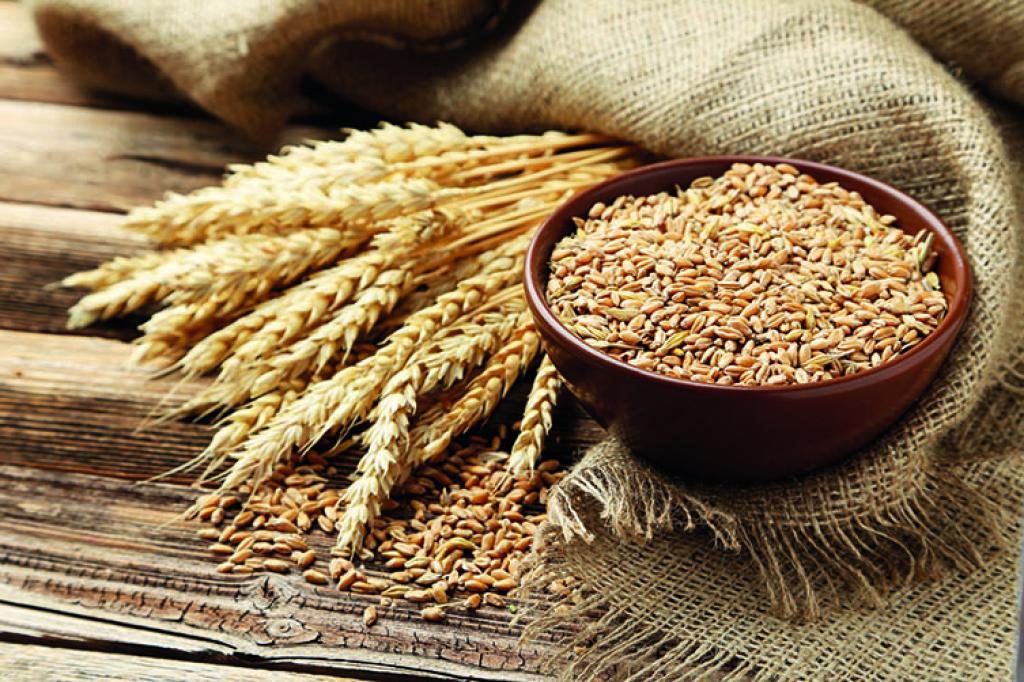Articles, Communications
Sacred month of Ramadan
Around 1.2 billion people in the World have started the fast of the sacred month of Ramadan.
The Islamic Culture Foundation and its President, Cherif Abderrahman Jah, want to congratulate them and wish them a period of spiritual and social prosperity.
The Ramadan (extract of the FUNCI´s pedagogical book “Islam, a shared heritage”)
The fast of Ramadan has an ancient origin. It was practiced by the old Egyptians, the Syrians, the Mayans, the Greek and the Romans. All the great religions and cultures have traditionally considered it an excellent method of bodily and spiritual purification.
Do you remember Gandhi’s “hunger strikes”, turning fasting into a powerful, peaceful demonstration of protest and discipline? And those by Mother Teresa of Calcutta during her humanitarian missions? Did you know that Ramadan is the ninth month of the Islamic lunar calendar? We, however, follow the Gregorian calendar, which is entirely different.
The fast during this month is obligatory for all, except for the elderly and the infirm, the sick, children, pregnant and menstruating women, and travellers. A great majority of Muslims practices it nowadays. It implies to abstain from sexual intercourse, food, drinks, and tobacco from dawn to dusk. Tradition asserts that also heart and tongue must fast, avoiding negative criticisms, bad words and impure thoughts.
Social meaning
 Ramadan contains an important social meaning: it teaches us solidarity with all the people anywhere in the world who suffer daily from hunger, thirst or any other sort of deprivation. In legal terms, this solidarity is materialized in the Zakat al fitr, or alms at the end of the fast, which consists of an obligatory tax of 2.5% on the net profits obtained during the entire year, and helps leveraging the distribution of wealth.
Ramadan contains an important social meaning: it teaches us solidarity with all the people anywhere in the world who suffer daily from hunger, thirst or any other sort of deprivation. In legal terms, this solidarity is materialized in the Zakat al fitr, or alms at the end of the fast, which consists of an obligatory tax of 2.5% on the net profits obtained during the entire year, and helps leveraging the distribution of wealth.
For Muslims, Ramadán does not only imply effort and abstinence. Also, joy and a festive spirit. During the nights throughout this lunar month, families and friends meet to celebrate the end of the daily fast, sharing all sorts of sweet desserts and exquisite traditional dishes. Its familiar and festive atmosphere is, to draw a parallel, reminiscent of Christmas.
In Islam, the fasting is not understood like an act of penance, but like a method to fortify personal will and inner strength. Moreover, modern scientific research has proved that this practice helps treatment of certain diseases, and also to fight alcoholism and other forms of drug addiction. Asthmatic affections can be greatly alleviated through judicious diet, the heart rests, digestion improves and, even, the senses become more acutely responsive.


